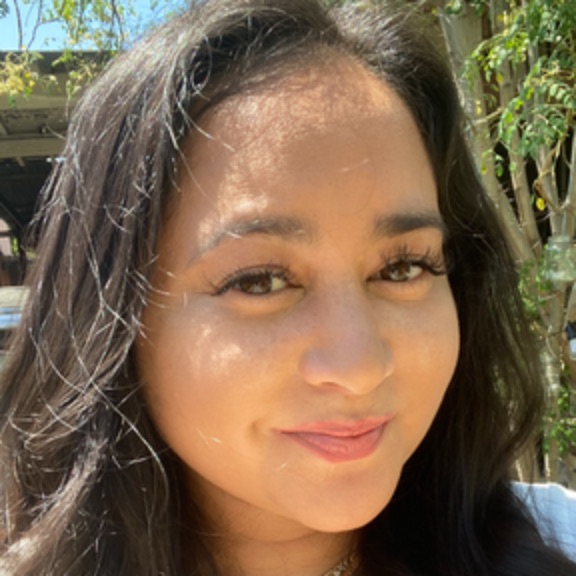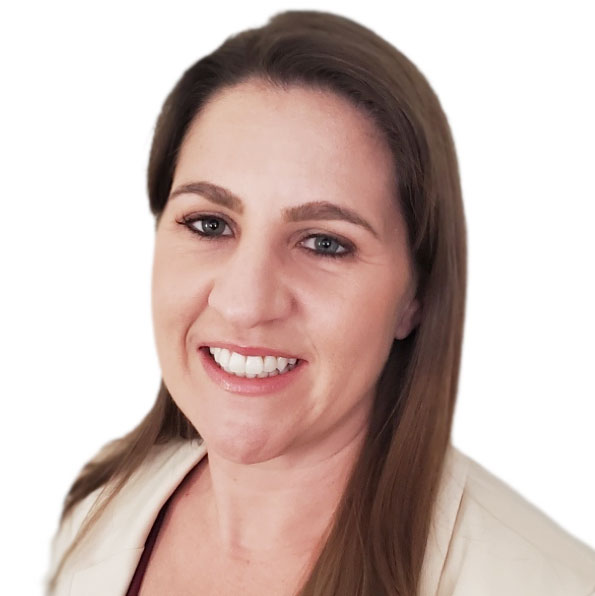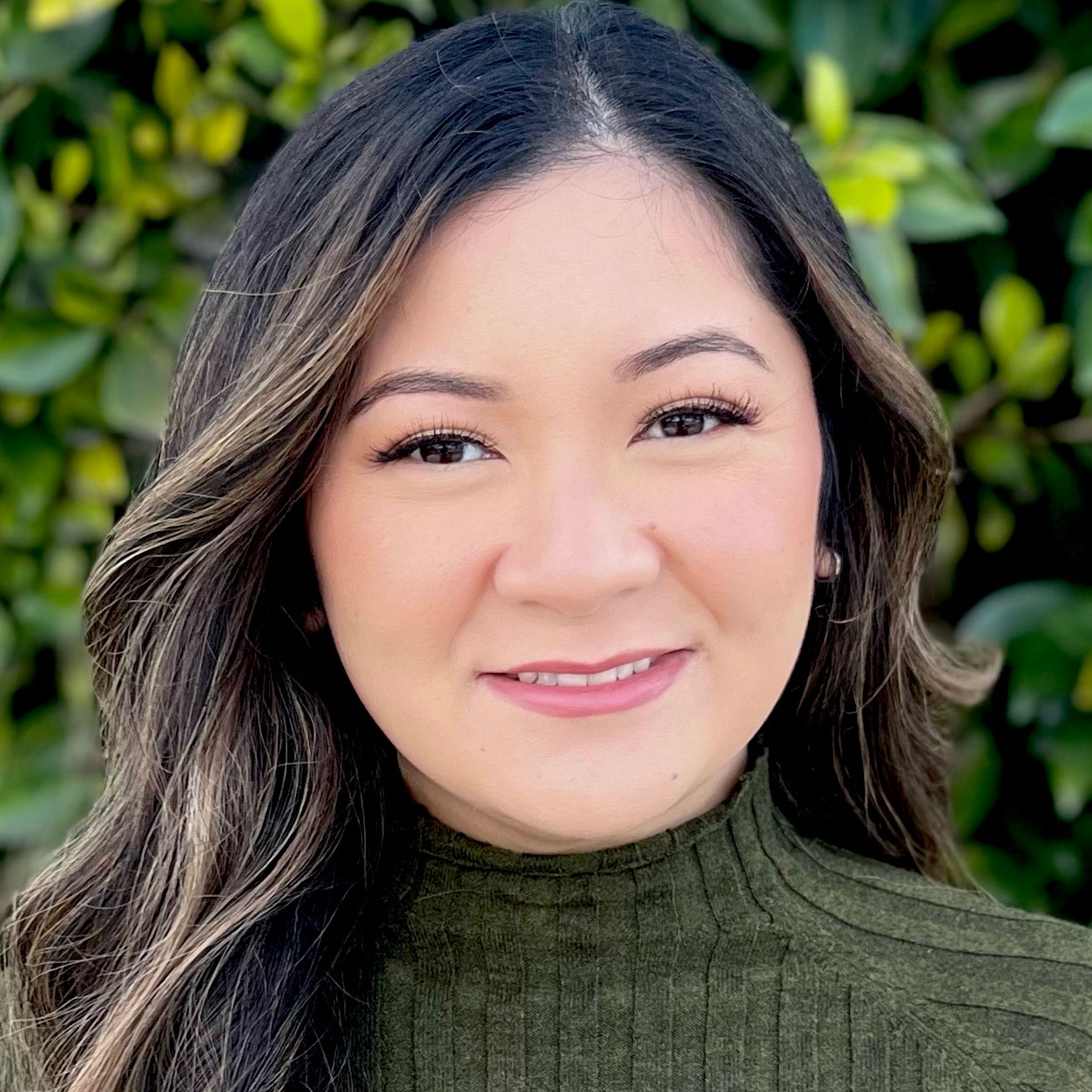A Step-by-Step Guide to Alcohol Abuse Therapy in San Jose
Starting alcohol abuse therapy in San Jose begins with recognizing the need for help and setting a clear goal—whether it’s cutting back or pursuing sobriety. Use MiResource’s directory to find qualified local therapists who specialize in alcohol use disorders, filtering for in-person care in neighborhoods like Downtown San Jose, Willow Glen, and Rose Garden, or for virtual options if you prefer privacy and convenience. Once you’ve identified a few providers, schedule an initial consultation to discuss fit, insurance or sliding-scale fees, and availability. At the first session, expect a confidential assessment of your history, current use, and goals, and leave with immediate coping strategies and a recommended plan.
Following through typically includes weekly therapy (such as CBT or motivational interviewing), possible medication-assisted treatment, and referrals to local support groups. If attending in person, plan transit via VTA light rail or buses, or use Caltrain to Diridon Station for clinics near the station; Downtown offers garages like the Market/San Pedro Square Garage with validation at some offices, while Willow Glen and Almaden Valley clinics often have easier street or lot parking. Many San Jose therapists offer evening or weekend appointments and secure telehealth if commuting from Evergreen, Berryessa, or North San Jose. Use MiResource to compare credentials, languages, and appointment types, then book and set reminders to stay engaged with your treatment plan.
Guide to Accessing Local Organizations for Alcohol Abuse Support in San Jose
Local organizations in San Jose offer timely, culturally responsive, and cost-aware support for Alcohol Abuse, connecting you to counseling, treatment, peer groups, and community-based recovery resources. Santa Clara County Behavioral Health’s Substance Use Treatment Services (SUTS) provides centralized screening and referrals to outpatient and residential care (1-800-704-0900, option 2): . Nonprofits like Momentum for Health: , Pathway Society, and AACI: offer evidence-based treatment. Community recovery hubs such as the Alano Club of San Jose: and Alcoholics Anonymous Santa Clara County Intergroup provide daily meetings and peer support. You can also dial 211 Santa Clara for curated local referrals: . These options help you find the right fit in San Jose, from immediate peer support to longer-term treatment.
- Identify resources: Start with SUTS for county-coordinated referrals (1-800-704-0900, option 2), and check nonprofits like Momentum, Pathway Society and AACI.
- Verify fit and access: Confirm services (detox, outpatient, residential), languages, locations in San Jose, insurance/Sliding scale, and wait times; use 211 Santa Clara for help:
- Contact and schedule: Call intake lines or submit online forms; ask about same-day assessments and documents needed; for meetings, use AA’s schedule.
- Engage and follow through: Attend the first appointment or meeting, set a safety plan, and build ongoing support via the Alano Club and county or nonprofit aftercare groups.
Guide to Using Emergency Services for Alcohol Abuse in San Jose
Use emergency services for Alcohol Abuse in San Jose when there are signs of alcohol poisoning (confusion, vomiting, seizures, slow/irregular breathing, bluish or pale skin, unconsciousness), severe withdrawal (tremors, hallucinations, seizures), suicidal thoughts, violent behavior, head injury, or other medical complications. Call 911 if someone is unresponsive, having trouble breathing, has a seizure, or is at immediate risk of harm. If you’re unsure, treat it as an emergency. Fast help can prevent life-threatening complications and connect you to ongoing care.
1) Identify a crisis
- Alcohol poisoning, severe withdrawal, suicidal thoughts, threats/violence, injuries, pregnancy with heavy drinking, or serious medical symptoms.
- If in doubt or the person is hard to wake, breathing is slow (<8/min) or irregular, lips/skin look blue or very pale, or there’s a seizure: call 911.
2) Call for immediate help
- 911 for life-threatening emergencies.
- 988 Suicide & Crisis Lifeline (call/text 988) for urgent mental health or substance use crises.
- Santa Clara County Suicide & Crisis Hotline: 855-278-4204 (24/7).
- Poison Control for suspected alcohol poisoning: 800-222-1222 (24/7).
3) Contact or visit local services in San Jose
- Santa Clara County Behavioral Health Services Call Center (mobile crisis, substance use services, referrals): 800-704-0900 (TTY 711, 24/7).
- Behavioral Health Urgent Care: 871 Enborg Ct, San Jose, CA 95128; 408-885-7855 (daily).
- Emergency Rooms:
• Santa Clara Valley Medical Center ER: 751 S Bascom Ave, San Jose, CA 95128; 408-885-5000
• Regional Medical Center of San Jose ER: 225 N Jackson Ave, San Jose, CA 95116; 408-259-5000
• O’Connor Hospital ER: 2105 Forest Ave, San Jose, CA 95128; 408-947-2500
4) What to expect
- Triage and medical stabilization (oxygen, IV fluids, labs), withdrawal management, and safety assessment.
- Possible brief psychiatric/substance use evaluation with referrals to detox and treatment.
- Bring ID, medication list, and any known medical history if available; care is provided regardless of insurance or immigration status.
Guide to Using Parks and Green Spaces in San Jose to Support Mental Health
Spending time in nature can reduce stress, improve mood, and support recovery routines, which is especially helpful for people managing Alcohol Abuse. Gentle activity, sunlight, and green views can lower anxiety and cravings while boosting sleep and focus. Regular park visits also create healthy structure and social connection, both protective for mental health. San Jose’s diverse parks and trails make it easy to build nature time into daily life.
1) Find nearby spots: Explore Alum Rock Park for canyon hikes, Guadalupe River Park and Gardens for easy riverside walks, Kelley Park and the Japanese Friendship Garden for calm scenery, and Los Gatos Creek Trail, Coyote Creek Trail, or Hellyer County Park for paved paths. For wider views, try Almaden Quicksilver County Park, Santa Teresa County Park, or Sierra Vista Open Space Preserve.
2) Plan your visit: Set a specific time (morning or early evening), pick a route that matches your energy, bring water, a snack, sun protection, and a charged phone. If you’re managing Alcohol Abuse, let a supportive friend know your plan or invite them along.
3) Make the most of it: Walk mindfully for 20–45 minutes, notice sights and sounds, and practice deep breathing at a scenic spot. Use park benches or lawns for light stretching or a brief journal check-in about mood and cravings.
4) Build a routine: Start with 2–3 visits per week, rotate locations to keep it fresh, and pair outings with supportive habits (podcasts, recovery meetings nearby, or community classes). Track how you feel before and after visits to reinforce what works in San Jose’s parks.
Your Guide to Understanding Alcohol Abuse
Alcohol Abuse is a pattern of drinking that leads to problems in daily life, such as trouble at work or school, strained relationships, or health issues. It can look like drinking more than planned, finding it hard to cut back, using alcohol to cope with stress, or taking risks like driving after drinking. People may notice mood changes, sleep problems, or increasing tolerance over time. Alcohol Abuse is not a personal failure—it’s a common, treatable health concern that can affect anyone.
Understanding Alcohol Abuse matters because it can impact mental health, increasing anxiety, depression, and stress while making it harder to manage emotions and responsibilities. Recognizing early signs helps you or a loved one take steps toward support, whether that means talking to a professional, joining a group, or exploring healthier coping strategies. Addressing it can improve sleep, mood, relationships, and overall well-being. With the right support and information, recovery and healthier habits are possible.
What Alcohol Abuse Is and How It’s Defined
Alcohol Abuse means drinking in ways that harm your health, relationships, or daily responsibilities, even when you intend to cut back. Organizations like the National Institute on Alcohol Abuse and Alcoholism and the World Health Organization describe it as a pattern of drinking that leads to problems such as accidents, missed work or school, or conflicts with loved ones. In medical guides (like the DSM-5), these problems fall under “Alcohol Use Disorder,” a term that simply means alcohol is causing ongoing trouble in your life. If Alcohol Abuse is affecting you or someone you care about, support and effective treatments are available.
Who Alcohol Abuse Can Affect
Alcohol Abuse can affect people of all ages, genders, and backgrounds—from students navigating campus life to parents juggling work and family, retirees feeling isolated, or anyone coping with stress after long shifts. While certain groups may be more commonly impacted, such as young adults in social drinking circles, people with a family history of addiction, those in high-stress jobs, or communities with fewer resources, no one is immune. It can look like having “one too many” at weekend gatherings, relying on drinks to unwind, or using alcohol to sleep. If any of this feels familiar, you’re not alone, and support is available.
Why It’s Important to Learn About Alcohol Abuse
This section explains common signs of Alcohol Abuse so you can spot concerns early and respond with care. Noticing these patterns doesn’t mean judgment—it’s a starting point to check in with yourself or someone you care about and consider support.
- Drinking more or more often than planned, or needing extra drinks to feel the same effect
- Repeated promises to cut back that are hard to keep
- Missing work, classes, or family plans, or showing up late because of drinking or hangovers
- Mood shifts (irritability, anxiety), sleep problems, or using alcohol to cope with stress
- Hiding or downplaying drinking, or feeling defensive when it’s mentioned
- Physical and memory clues: frequent hangovers, shakiness (tremors), or “blackouts” (memory gaps after drinking)
What People Want to Know about Alcohol Abuse
- How do I know if I’m ready to start therapy for Alcohol Abuse?
You may be ready to start therapy for Alcohol Abuse if you’re noticing its impact on your daily life, relationships, work, or health and want things to be different. Feeling motivated to make changes, even if you’re unsure where to start, is a strong sign of readiness. You might also feel curious about healthier coping strategies or be responding to concerns from loved ones. Reaching out for professional support is a brave first step, and therapy can help you build a plan to move forward with confidence. - What should I look for when choosing a therapist who treats Alcohol Abuse in San Jose?
Look for a therapist in San Jose with proven experience treating Alcohol Abuse and a track record of helping clients reach lasting recovery. Ask about their therapeutic approach (e.g., CBT, motivational interviewing, trauma-informed care) and make sure it fits your goals and values. Verify licenses and credentials, and consider added training in addiction or co-occurring disorders. Trust your comfort level—personal compatibility, clear communication, and culturally responsive care can make therapy more effective.
- What are evidence-based therapies to treat this Alcohol Abuse?
Common, proven options for Alcohol Abuse include Cognitive Behavioral Therapy (CBT), which helps you spot triggers and build new coping skills to prevent drinking. Motivational Interviewing is a collaborative conversation style that strengthens your own reasons for change without pressure or judgment. Medications like naltrexone or acamprosate can reduce cravings and make it easier to stay alcohol-free, and some people use disulfiram to deter drinking. Many people combine these treatments for the best results.
- How long does therapy for Alcohol Abuse usually take?
Therapy for Alcohol Abuse varies based on severity, the type of treatment (individual counseling, group therapy, IOP), personal goals, and individual progress. Many people see meaningful changes over several weeks to a few months, though some benefit from longer, ongoing support without a set end date. Consistency and commitment are key to sustained improvement and relapse prevention. In San Jose, options for Alcohol Abuse include outpatient therapy, intensive outpatient programs, and community support that can be tailored to your needs.
- Can I combine therapy for Alcohol Abuse with medication?
Many people facing Alcohol Abuse find that a combination of therapy and medication provides the best support for recovery. A qualified professional can help you decide which options fit your needs, monitor progress, and adjust your plan safely. In San Jose, coordinated care between therapists and prescribers ensures your treatment is aligned and responsive. If you’re exploring treatment in San Jose, consider a team-based approach to maximize effectiveness and support.
- How much does Alcohol Abuse therapy typically cost, and will insurance cover it?
Alcohol Abuse therapy costs vary based on location, provider type, and session length, with many individual sessions ranging roughly $100–$250, while group therapy may be lower and intensive outpatient or residential programs higher. In San Jose, costs can be influenced by higher local rates, but many clinicians offer sliding-scale fees, and community options like county behavioral health services, nonprofit clinics, and university training centers can reduce expenses. Insurance may cover part or all of treatment if the provider is in-network; check your plan for deductibles, copays, session limits, preauthorization needs, and out-of-network reimbursement, and ask about EAP benefits, HSA/FSA use, and specialty addiction benefits. To verify coverage, call your insurer with the provider’s NPI, CPT codes (e.g., 90791, 90834, 90837), and diagnosis codes, or ask the San Jose provider to run an eligibility check before starting Alcohol Abuse treatment. - What can I do between therapy sessions to help manage my Alcohol Abuse?
Between sessions, track your triggers for Alcohol Abuse (times, places, feelings) and create a daily plan that swaps risky moments with alcohol-free activities like exercise, hobbies, or walks in San Jose; keep your home alcohol-free and stock satisfying alternatives. Practice skills from therapy—urge surfing, HALT check-ins (Hungry, Angry, Lonely, Tired), deep breathing, and a 10-minute delay-distraction routine—and prepare simple “no thanks” scripts plus exit plans for social events. Build support by texting a trusted accountability partner, scheduling AA, SMART Recovery, or Refuge Recovery meetings in San Jose, and using sobriety apps to log cravings and wins. Set small goals, prioritize sleep, meals, and hydration, and celebrate each alcohol-free day to reinforce momentum.













